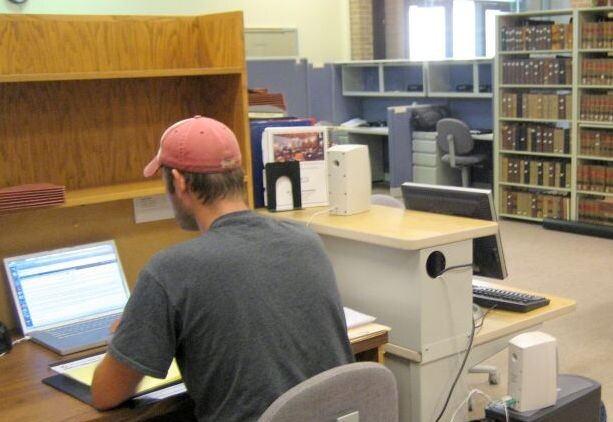
UNL law students will be able to help more low-income Nebraskans facing mortgage foreclosure, thanks to an $80,000 grant from the National Foreclosure Settlement.
The Civil Clinical Law Program at the University of Nebraska College of Law was awarded the grant by the Nebraska Commission on Public Advocacy, a state legal services agency.
The money is part of Nebraska’s $8.4 million share of an estimated $25 billion settlement agreement with the country’s five largest mortgage lenders in February 2012. The commission served as a pass-through agency to distribute $1 million designated by the State Legislature for legal assistance to those facing foreclosure or homelessness.
The civil law clinic is an elective course offered to third-year law students at the College of Law.. Professor Kevin Ruser, who is the director of the civil law clinic, said the funds will be used to help people avoid preventable foreclosures; to represent those facing foreclosure in court or in mediation forums; and, in some cases, to assist people in filing for bankruptcy to resolve otherwise unsolvable financial hardships caused by debts relating to the foreclosure crisis.
The grant also will help create a bigger pool of future lawyers who are familiar with the legal issues related to housing and mortgage foreclosure, he said. The clinic, which represents low-income clients for free, has handled housing-related cases in the past. Ruser estimated that the grant will allow an additional 80 students to participate in the clinic.
“We are pleased to have been chosen to receive this grant,” he said. “The mortgage foreclosure crisis hit the low-income client community especially hard. This grant allows us to give more students the opportunity to work with clients on the types of cases that directly impact their housing situation.”
James Mowbray, Chief Counsel for the Commission on Public Advocacy, said the clinic was chosen for the grant because of its past work on housing-related issues and because members of the commission hope to attract more lawyers to Legal Aid, pro bono and nonprofit work.
“(The clinic) is the only opportunity law students have to learn what it’s like to represent indigent clients,” he said.







